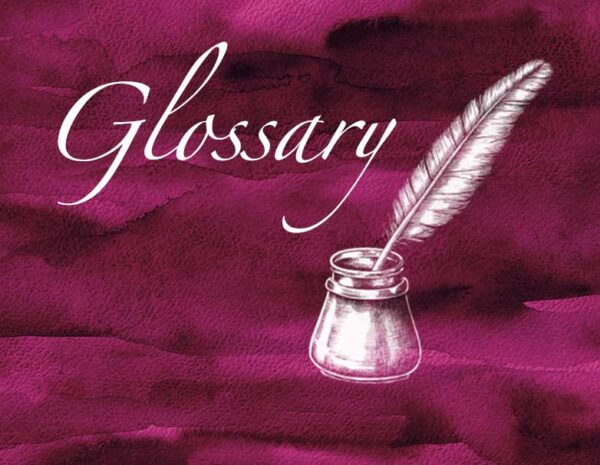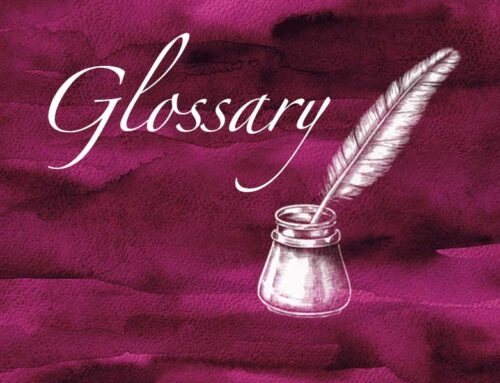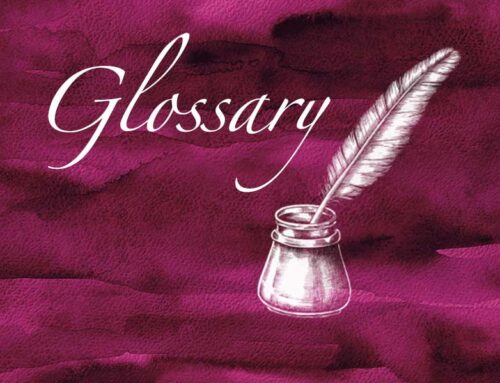
GlossaryTerms to be found in Anarchy at Almacks: A Story of Love at First Sight.>
Call Someone Out
To call someone out is to challenge him to a duel, almost always over a matter of honor. Only men of the aristocracy dueled with one another. An aristocrat would not challenge a man of a lower class to a duel nor would he accept a challenge from a man who was not an aristocrat. Dueling was technically illegal but prosecutions related to duels were extremely rare. There were a great many rules about duels and how they were to be conducted.
Cockney
Cockney is an English dialect primarily spoken by working-class Londoners living in the East End of London. In literature, it is often used to signify a character who is poor and/or uneducated. Cockney has its own vocabulary and makes liberal use of rhymes. For example, one’s trouble and strife is one’s wife.
Fortnum & Mason
Fortnum & Mason is an upscale department store in London, England. The main store is located at 181 Piccadilly in the St James’s area of London. It was established there in 1707 by William Fortnum and Hugh Mason. There are additional stores in London and at Heathrow Airport. Fortnum’s also ships to many countries and their products are available at specialty food stores around the world. The store is known for its specialty foods and for supplying food hampers. Fans of the television series, All Things Great and Small, will recognize the food hampers sent to Uncle Herriott by Tricki Woo as coming from Fortnum’s.
Horse Terms
Cattle
Regency slang for horses
Gelding )
A male horse that has been castrated (had his testicles removed.) Male horses that are not intended for breeding are gelded to inhibit aggressive tendencies. This makes them more amenable to training as mounts and working animals.
Hack
A horse with a good disposition and calm manner. A hack would be particularly suitable for an inexperienced or recreational rider.
To hack out, go on a hack – Generally a recreational ride outside of an arena.
Maze
A maze is a puzzle. One enters the maze and attempts to navigate a series of paths in order to make one’s way to the center. The term maze is based on a middle English word that translates as ‘delirium’ or ‘delusion’. In the sixteenth century, hedge mazes were created by European royalty as entertainment for guests. They also provided private places for lovers to meet. The United Kingdom’s oldest surviving hedge maze is found at Hampton Court. It was commissioned around 1700 by William III.
Modiste
A woman who designed and produced fashionable attire for women. Also, one who would provide advice on fashion and fashion trends. In Regency England, French modistes were preferred. Some English fashion designers affected a French accent in order to be more desirable to their aristocratic clients.
Mort
Cockney slang for the word woman.
Still Room
The still room was a place, often off the kitchen, where medicines, cosmetics, cleaning products, soap, essential oils and flavorings were prepared. Beer and wine might also be prepared in a stillroom. Until these products became commercially available at reasonable prices in the mid-to-late 19th century, most homes maintained some sort of still room. The lady of the house was usually in charge of the stillroom and she passed her secrets on to her daughters.



